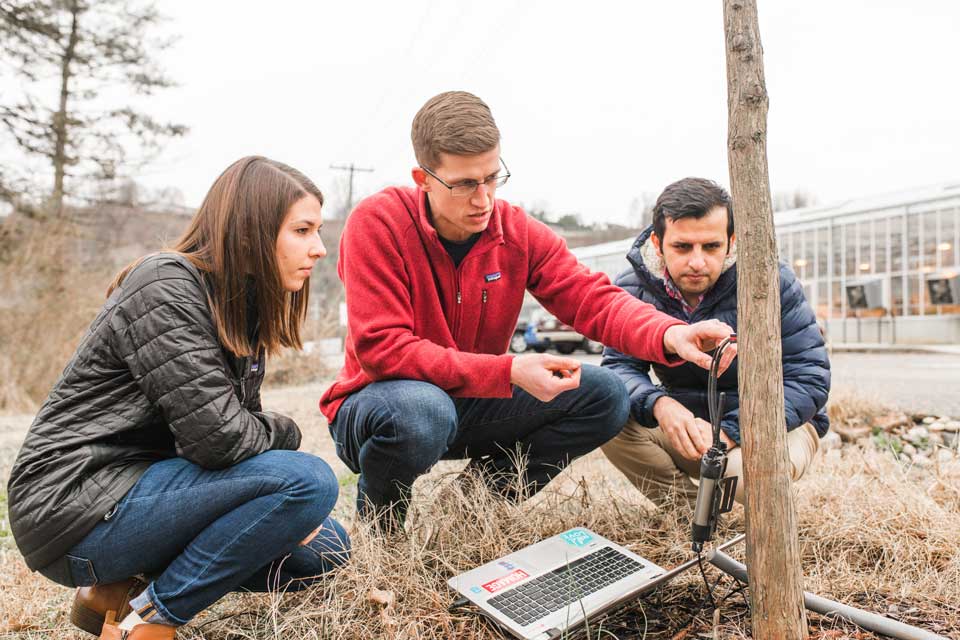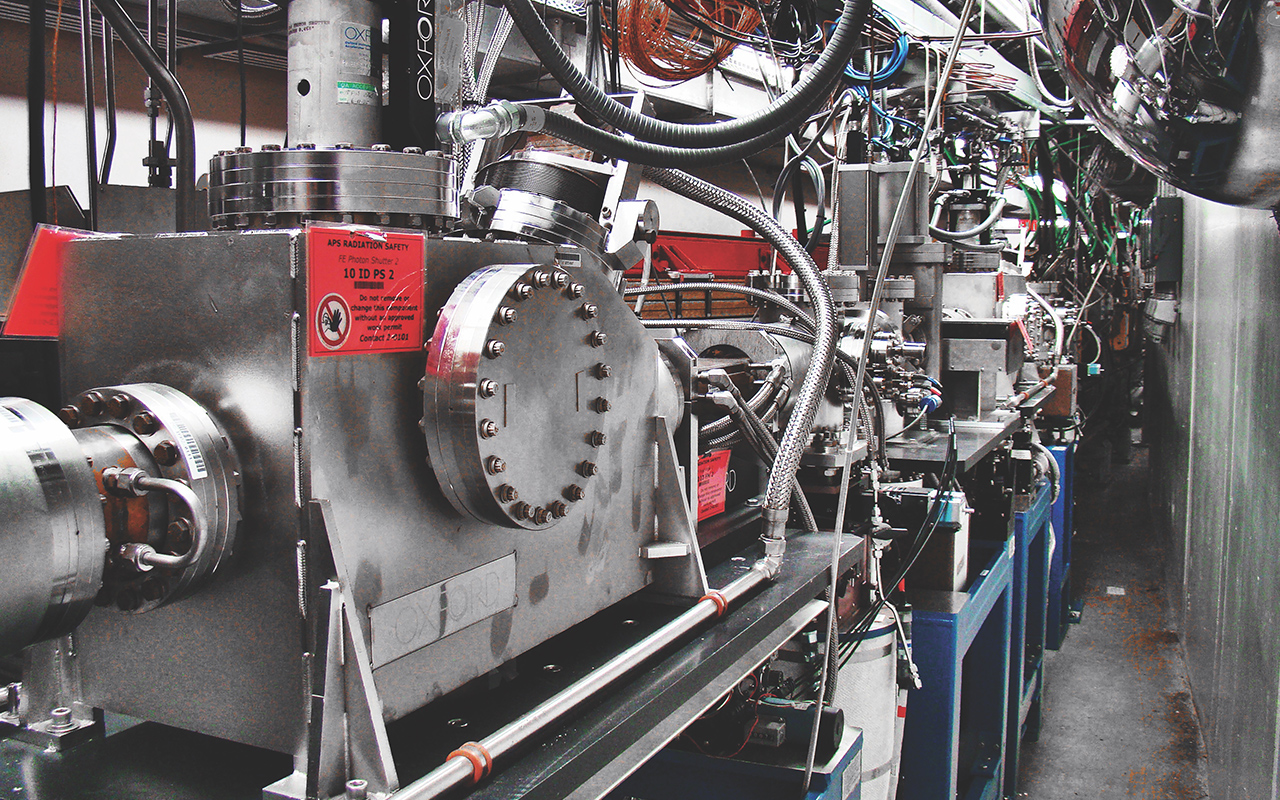Online Master of Science in Environmental Engineering (MS)
Environmental Engineering
Program Overview
Are you passionate about a major impact on public health and safety? The University of Tennessee, Knoxville offers a fully online master’s degree in Environmental Engineering, featuring concentrations in a variety of specific interests.
Our online master’s program offers a 100% distance education in Environmental Engineering (ENVE) and Water Resources Engineering with a wide selection of courses. UT will prepare you to meet the growing demand for well-trained environmental engineers to help solve growing global challenges.
Why Choose Environmental Engineering?
The Department of Civil and Environmental Engineering’s 100% online MS program in Environmental Engineering (ENVE) and Water Resources Engineering meets the increasing demand for highly qualified Environmental Engineers. The world is facing grand challenges with a major impact on public health and safety in relation to green infrastructure design, environmental sustainability, air pollution, preserving clean water supply, meeting the increased demand for water, and developing innovative and cost-effective wastewater treatment techniques.
There is a high market need for Environmental Engineers with MS degrees to work as design engineers and there is excellent professional development growth for those who earn MS degrees. The MS degree will help you to pass the Professional Engineer (PE) license exam and will open opportunities for you to work in many private companies and the public sector. Our graduate program is accredited by the Southern Association of Colleges and Schools (SACS) commission.
Request Information
Featured Courses
Here are a few examples of the courses you can take as an environmental engineering student:
A fundamental and quantitative treatment of the chemical processes that govern the formation, fate, and treatment of pollutants in natural and engineered systems. Chemical thermodynamics of pollutants; atmospheric reaction pathways; phase equilibria; aqueous solution equilibria; reduction-oxidation chemistry.
Engineering principals that govern the transport, fate, and treatment of pollutants in natural and engineered systems. Material balances; convection and dispersion; diffusion and mass transfer; interfacial phenomena; chemical kinetics; reactor design and modeling.
Fundamental aspects of microbiology governing environmental and engineered applications emphasizing bioenergetics, enzyme and microbial kinetics, metabolic diversity, microbial ecology and biochemical cycling.
Theory and design applications of physiochemical and biological processes for the treatment of drinking water, municipal and industrial wastewaters, and contaminated groundwater.







